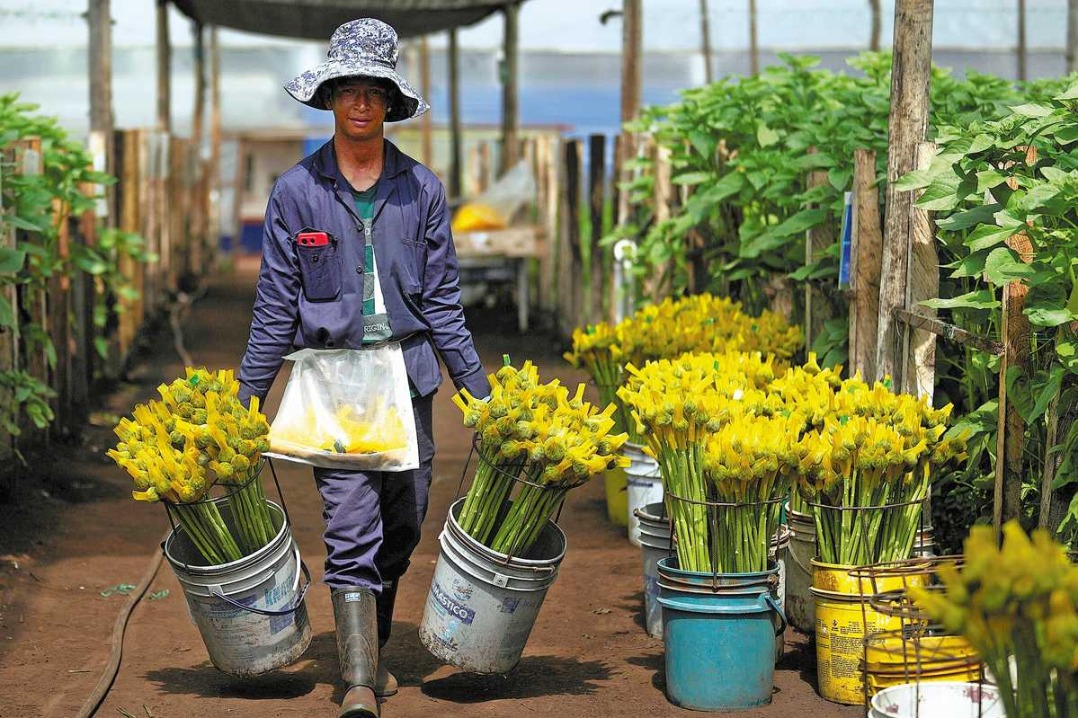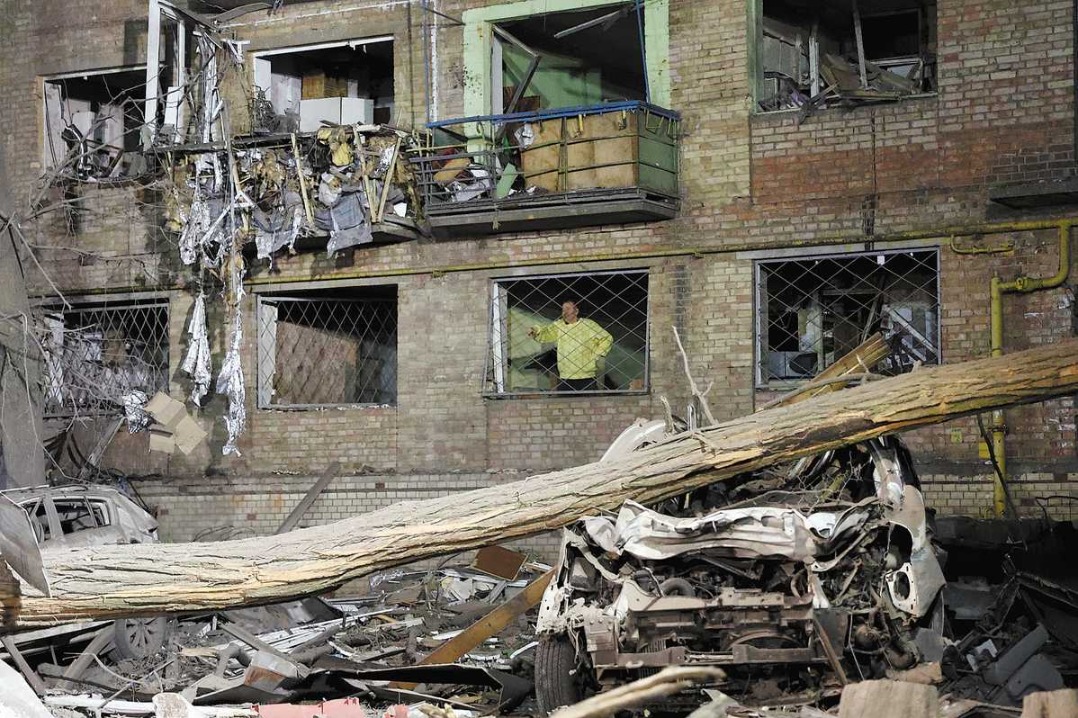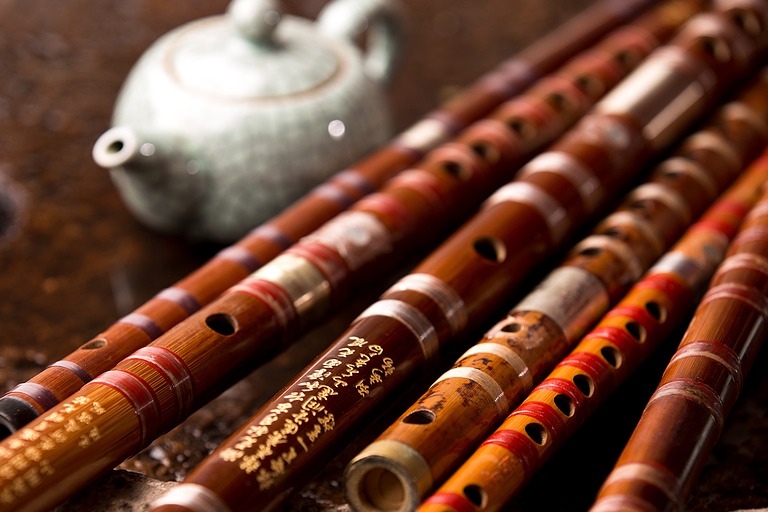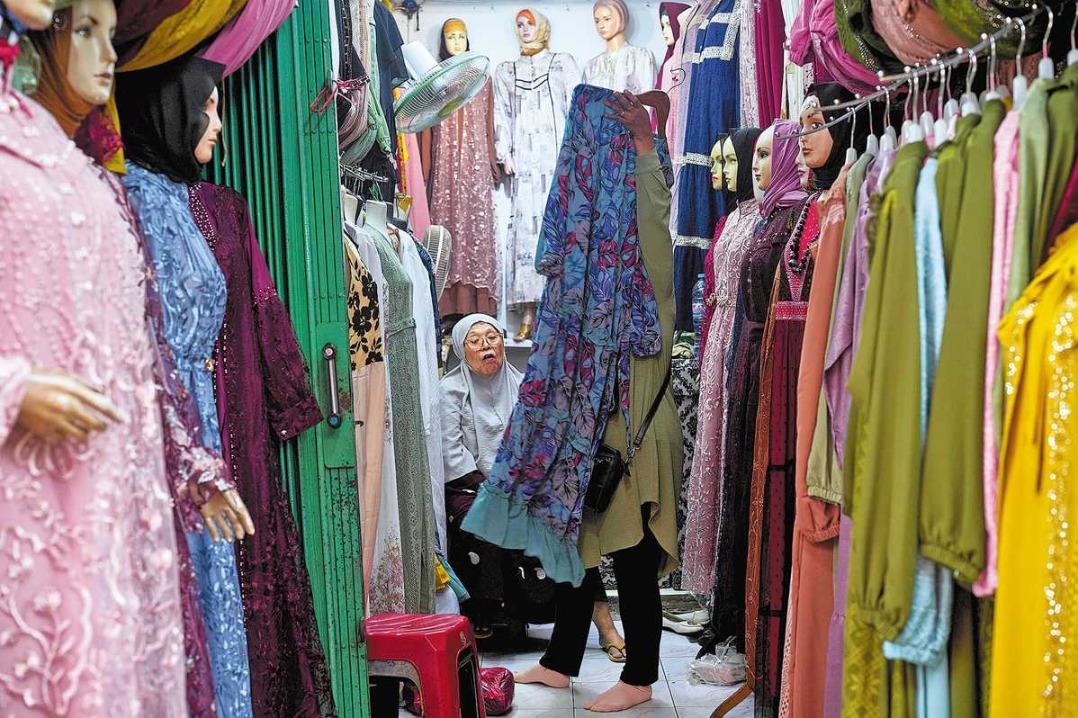Levies add cautious note to spring events

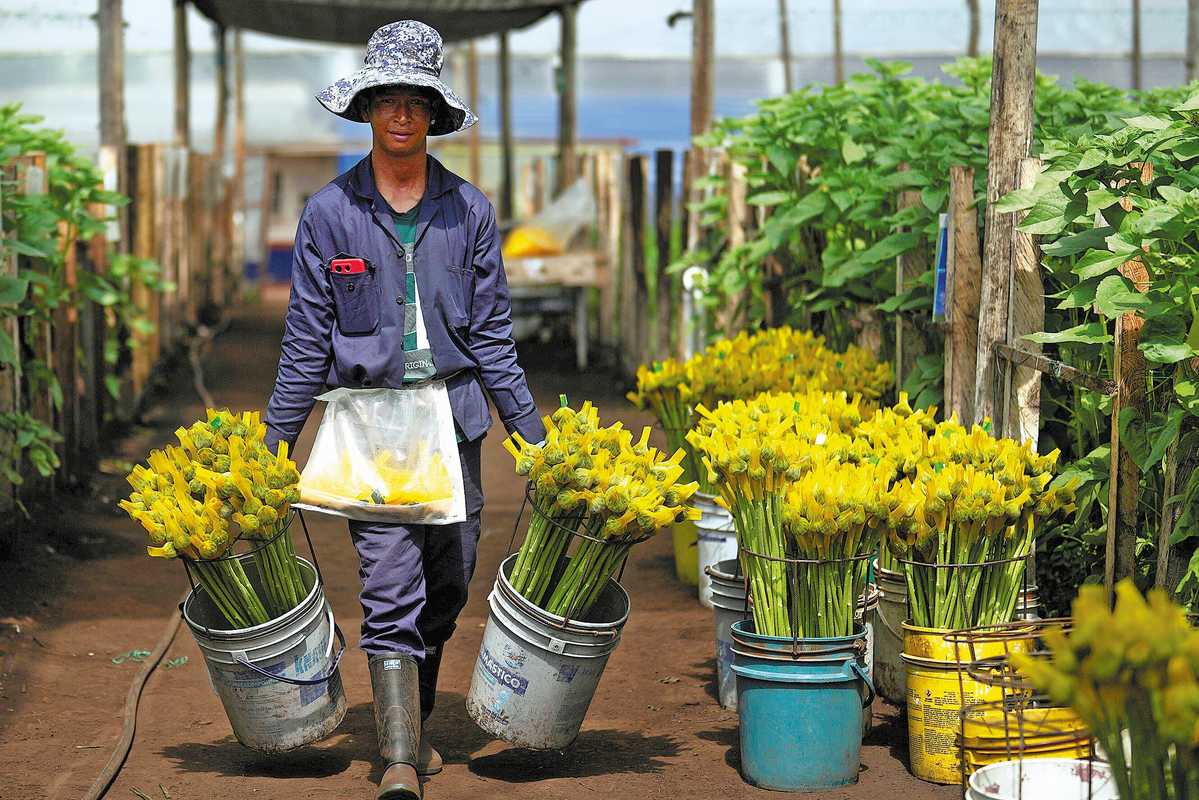
For Southern California residents, the arrival of Fleurs de Villes — a global floral exhibition — and the annual Spring Garden Show at South Coast Plaza marks more than just a festive season. Together, the events have become a cherished springtime tradition, celebrating floral artistry, community spirit and cultural expression.
But this year, alongside the bright blooms and captivating displays, there is a growing concern about the economy.
Karen Marshall, co-founder of Fleurs de Villes, which features a Downton Abbey theme this year, expressed concern about the rising cost of flowers, particularly those imported from overseas, which are now subject to tariffs.
"We're definitely keeping a close eye on the situation," Marshall told China Daily at the show's opening event on Wednesday. "We make a strong effort to incorporate locally grown flowers whenever possible, not only to support local growers but also to mitigate rising costs.
"However, the reality is that many of the flowers we rely on — especially the more exotic or out-of-season varieties — aren't cultivated domestically or aren't blooming this time of (the) year, so we do rely on imports," she said.
Marshall said despite the challenges, the organization is committed to working with regional suppliers to help buffer the impact. "We're doing everything we can to work with local partners and avoid the tariff-related price hikes, but the pressure is real," she said.
The show's elaborate floral installations extend into the retail halls of South Coast Plaza — the largest shopping center on the West Coast — including at high-end boutiques such as Max Mara.
While Max Mara is globally recognized for its Italian heritage and design, some of its garments, such as tops and sweaters, are manufactured in China. The company has built a strong presence in the Chinese market, with more than 400 stores nationwide, collaborations with Chinese artists, and a digital strategy specifically designed for local consumers.
"We're not in favor of the tariffs — they're already impacting our supply chain," said Anita, a salesperson at the store. "One of our major manufacturers is based in China, so when tariffs go up, it directly affects our cost of brand. That eventually trickles down to our customers, whether through higher prices or reduced inventory."
Recent US tariff policies on Chinese imports continue to weigh heavily on the US retail industry. Consumers who face higher prices and economic uncertainty are becoming more cautious with their spending.
"I come every year with my family — it's our little spring ritual," said Linda Moreno, a teacher from the city of Irvine. "But this time, I walked away from a few things I would have bought last year without thinking. Prices are just noticeably higher, especially for imported pottery and garden ornaments."
Vendors participating in the Spring Garden Show shared similar sentiments. Many of the decorative items are sourced from countries like China and Mexico, which are now subject to import tariffs.
"We've had to raise prices by 5 to 15 percent just to break even," said Michael Chan, who owns a boutique garden supply stall. "Customers notice, and they're pulling back."
















